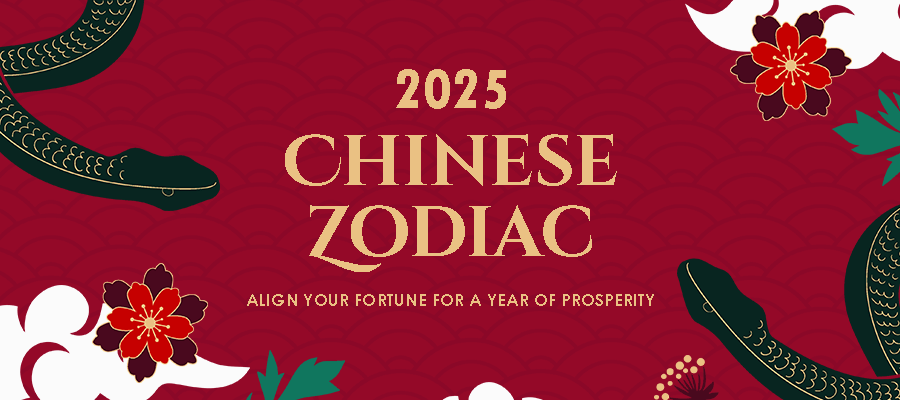The Heartfelt Journey of Mother’s Day: Tracing its History and Global Significance

Mother’s Day, a cherished occasion celebrated worldwide, holds a profound significance that transcends borders and cultures. Yet, few may know the rich tapestry of its history and the diverse ways it is celebrated across the globe. Join us on a journey as we explore the origins, evolution, and global significance of Mother’s Day, a celebration that honors the unconditional love and sacrifices of mothers everywhere.
The Origins:
The roots of Mother’s Day can be traced back to ancient civilizations, where maternal figures were revered and celebrated for their nurturing and protective qualities. Throughout history, various cultures held festivals and rituals to honor motherhood and fertility, such as the Greek and Roman festivals dedicated to maternal goddesses.
However, the modern iteration of Mother’s Day as we know it today emerged in the early 20th century in the United States. Anna Jarvis, inspired by her own mother’s activism and compassion, campaigned tirelessly to establish a day dedicated to honoring mothers. Jarvis’s efforts bore fruit when the first official Mother’s Day was celebrated on May 10, 1908, in Grafton, West Virginia.
The celebration gained momentum, and in 1914, President Woodrow Wilson proclaimed the second Sunday in May as Mother’s Day, officially recognizing it as a national holiday. The occasion quickly became a beloved tradition, marked by the giving of carnations, cards, and tokens of appreciation to mothers and maternal figures.
Global Celebration:
While Mother’s Day originated in the United States, its celebration quickly spread to other countries around the world, each adopting unique customs and traditions to honor maternal figures. From carnation bouquets in the United States to serenades in Mexico and heartfelt gatherings in Japan, Mother’s Day is celebrated with diverse rituals and expressions of love across continents.
In the United Kingdom, Mothering Sunday, with its roots in Christian traditions, is celebrated on the fourth Sunday of Lent. In Ethiopia, Mother’s Day, known as “Antrosht,” is celebrated with a feast honoring mothers. In Iran, Mother’s Day coincides with the ancient Persian New Year, Nowruz, and is celebrated with family gatherings and festive meals.
Significance:
At its core, Mother’s Day is a celebration of maternal love, sacrifice, and strength. It serves as a reminder to express gratitude to the women who have nurtured and shaped our lives, whether they are mothers, grandmothers, or maternal figures. Mother’s Day is a time to honor the countless ways mothers support and inspire us, from their unwavering love and guidance to their resilience and selflessness.
As we celebrate Mother’s Day each year, let us not only cherish the mothers in our lives but also reflect on the profound significance of this timeless tradition. Across continents and cultures, Mother’s Day serves as a universal reminder of the enduring bond between mother and child, transcending borders and languages to celebrate the essence of maternal love. So, this Mother’s Day, let us honor and celebrate mothers around the world, expressing our gratitude for their immeasurable contributions to our lives. Through our collective celebration, we pay tribute to the universal power and beauty of motherhood, celebrating the extraordinary women who shape our world with their love and compassion.





